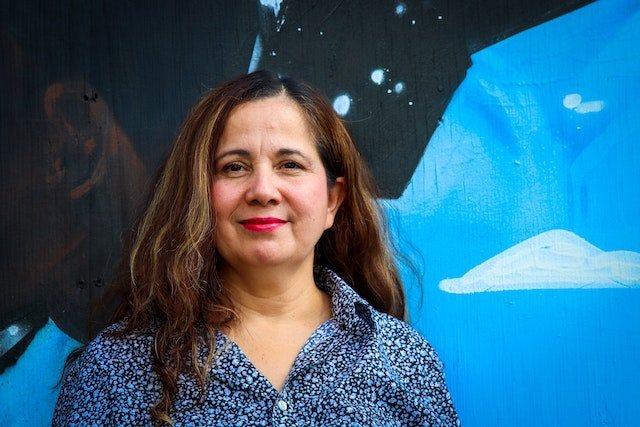Millions of people throughout the world experience symptoms of bipolar disorder. However, bipolar disorder is often underreported and untreated due to miseducation, stigmatization, and society’s depiction of the condition. Phrases such as “you are so bipolar” are thrown around carelessly to describe anyone with mood shifts.
The reality is that bipolar disorder is a very real condition that can cause serious impairment in academic, social, and occupational functioning if untreated or inadequately treated. Thus, bipolar disorder can be very difficult for people with the diagnosis and their loved ones.
To get a better overview of bipolar disorder, we will discuss symptoms, possible causes, and available treatment options.
Bipolar Disorder Explained
There are two main subsets of bipolar disorder: bipolar I disorder and bipolar II disorder.
To meet diagnostic criteria for bipolar I disorder, an individual must experience a manic episode with or without a lifetime experience of a major depressive episode.
On the other hand, to meet diagnostic criteria for bipolar II disorder, an individual must experience a hypomanic episode and at least one lifetime experience of a major depressive episode.
Another distinction is that untreated manic episodes last at least one week while untreated hypomanic episodes last at least four consecutive days.
Bipolar I disorder was initially considered more severe than bipolar II disorder. However, this belief has since been dispelled, as symptoms of both bipolar I disorder and bipolar II disorder can be severely debilitating.

Symptoms of Bipolar Disorder
Symptoms of bipolar disorder can vary from person to person and even from episode to episode.
Symptoms of mania and hypomania include:
-
Elevated or irritable mood
-
Increased goal-directed activity
-
Decreased need for sleep
-
Inflated self-esteem
-
Impulsivity
-
Indiscretion
-
Distractibility
-
Racing thoughts
To meet criteria for a manic or hypomanic episode, the symptoms listed above must occur in a distinct period lasting 4-7 days or longer. Experiencing a couple of symptoms in isolation of each other does not constitute a diagnosis of bipolar disorder.
Symptoms of major depressive episodes include:
-
Prolonged periods of sadness
-
Loss of interest in hobbies or activities
-
Lack of energy
-
Decreased motivation
-
Difficulty concentrating
-
Changes in appetite
-
Sleeping too much or not enough
-
Feelings of worthlessness, hopelessness, or guilt
-
Recurrent thoughts of death or suicide
What Causes Bipolar Disorder?
Bipolar disorder cannot be linked to any singular cause. Yet, one major risk factor for bipolar disorder is genetics. Research has shown that bipolar disorder can run in families. However, one person having bipolar disorder in a family does not mean other people in the family will meet diagnostic criteria for bipolar disorder.
More Causes
Other causes of bipolar disorder include environmental exposures, stressful life events, trauma, and substance abuse.
How To Treat Bipolar Disorder
Managing bipolar disorder on your own can feel like a long uphill battle. You do not have to struggle with symptoms alone. Mental health professionals can provide resources, support, and treatment to effectively manage bipolar disorder. The most successful plans to treat bipolar disorder will involve the following:
Medications
A Psychiatric Mental Health Nurse Practitioner (PMHNP) or psychiatrist will most often recommend starting an individual on medications to help stabilize their mood. Medications for bipolar disorder can help reduce current symptoms of mania, hypomania, or depression and can help reduce the frequency and severity of future episodes.
Psychotherapy
Psychotherapy or counseling can be very beneficial. Psychotherapy can help individuals identify risk factors and protective factors. Psychotherapy can also help individuals cope with symptoms and impairments caused by symptoms.
If you or someone you know is suffering from any form of bipolar disorder, reach out to us for bipolar treatment. Together, we can strategize to help you find relief.




